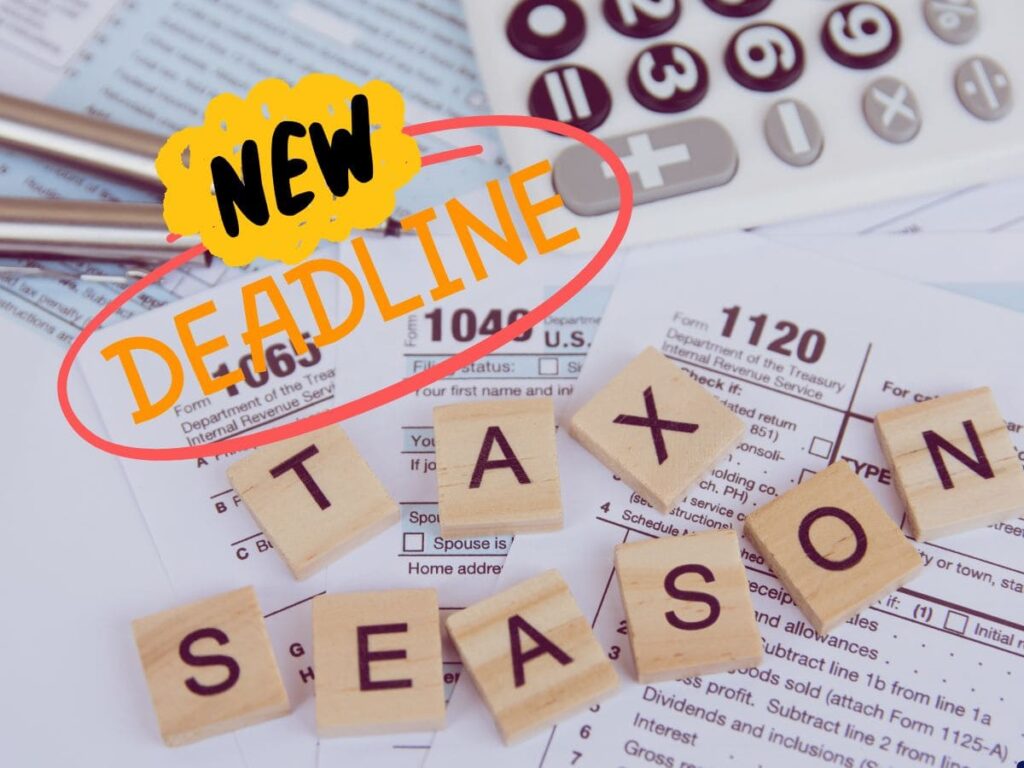Tax Season in the United States usually marks a busy period for millions of taxpayers. However, some residents of certain states will have more time to meet their tax obligations this year. The Internal Revenue Service (IRS) has confirmed an automatic extension for those affected by natural disasters.
Recent disasters have led the IRS to offer tax relief to citizens in twelve states. This measure allows those who suffered the effects of severe weather events to file their returns and make payments later without facing penalties. This announcement seeks to give some breathing room to those who are still in the process of recovery.
It should be noted that these extensions do not require a special application. Affected taxpayers will be automatically identified by the IRS through their tax returns or official disaster assistance records. Below, we tell you which states are included and what steps citizens should take.
States where Tax Season is not yet over
Residents of certain states in the United States benefit from an automatic extension to file their taxes and make the corresponding payments. The states that have this tax relief are:
- California
- Connecticut
- Florida
- Hawaii
- Indiana
- Maine
- Michigan
- Rhode Island
- Tennessee
- Vermont
- Virginia
- West Virginia
Each state has been affected by different types of disasters, such as severe storms, tornadoes, floods, or wildfires. The extended deadlines vary depending on the type of disaster and the federal emergency declaration.
If you were affected by one of nine disaster declarations and granted more time to file your 2024 tax return, don’t forget to file and pay by the May 1, 2025 deadline. Read more from the #IRS: https://t.co/wDkvC2qf3U pic.twitter.com/VG0HiH39CB
— IRSnews (@IRSnews) April 25, 2025
For this reason, the IRS recommends consulting the official disaster relief page to find out the deadline that applies to each specific situation. This way, taxpayers can ensure that they comply with their obligations.
What taxpayers in these states should do
Taxpayers in the states listed above do not need to take any special action to benefit from this extension. The IRS will use zip codes to automatically identify those who qualify for relief.
However, those who get a penalty notice for late filing or late payment but believe they are eligible for the extension should contact the IRS directly. This way, they can request the appropriate correction.
It is important to note that taxpayers who suffered property damage or loss may also be eligible for special tax deductions. These can be claimed on the tax return for the year in which the disaster occurred or on the return for the previous year, whichever is more beneficial. Reviewing this option may help reduce the financial burden caused by these events.
